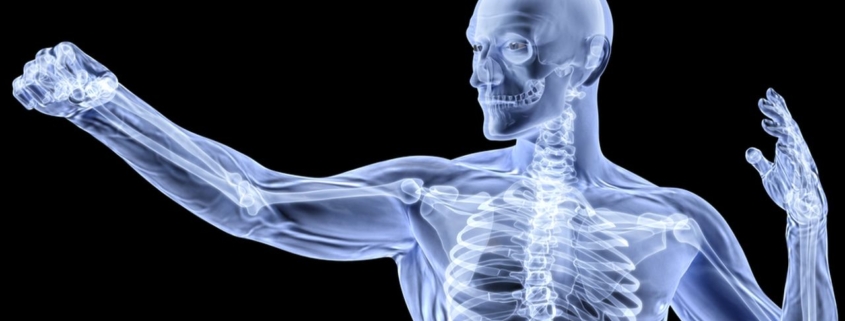Live better with healthier bones. Read this article from one of the best orthopaedic doctors in Delhi, from our hospital for bone surgery and care in Dwarka.
Having healthy bones is really important.
Minerals become a part of our bones during childhood, adolescence and early adulthood. Once we reach 30 years of age, we achieve peak bone mass.
And if enough bone mass hasn’t been created during this time or bone loss happens later on in life, you’ll be at an increased risk of developing fragile bones that could break easily.
Fortunately, there are nutrition and lifestyle choices that can help you build stronger bones and maintain them even as you age.
Here are some of the best natural ways to build healthy bones.
Have Loads of Vegetables
A high amount of green and yellow vegetables has been linked with increased bone mineralization during our childhood and the maintenance of healthy bone mass in young adults.
Eating lots of vegetables has also been found to benefit adults.
2.Strength Training and Weight Exercises
Specific forms of exercise can help you build and maintain stronger bones.
One of the best types of activities for bone health is weight training or high-impact exercise, which quickens the formation of new bone.
Studies on children, including those with type 1 diabetes, have found this type of activity increasing the amount of bone formed during the years of peak bone growth.
In addition to this, it is highly beneficial for preventing bone loss in older adults.
- Consume Ample Protein
Consuming ample amounts of protein is vitally important for healthy bones. Did you know that almost 50% of our bones are made of protein?
Researchers have indicated that low protein intake reduces calcium absorption and can also affect the rates of bone formation and breakdown.
However, some concerns have also been raised that high protein diets also leach calcium from the bones in order to counteract increased acidity in the blood.
- Get Loads of Vitamin D and Vitamin K
Vitamin D and vitamin K are vital for building stronger bones.
Vitamin D plays several key roles in bone health and growth, and helps your body absorb calcium. Having a blood level of at least 30 ng/ml (75 nmol/l) is recommended for protecting against osteopenia, osteoporosis and other bone diseases.
Vitamin K aids bone health by modifying osteocalcin, a protein that aids bone formation. This modification enables osteocalcin to bind itself to minerals in bones and helps prevent the loss of calcium from bones.
The two common forms of vitamin K2 are MK-4 and MK-7. MK-4 exists in small amounts in liver, eggs and meat while fermented food
like cheese, sauerkraut and a soybean product called natto contain MK-7






